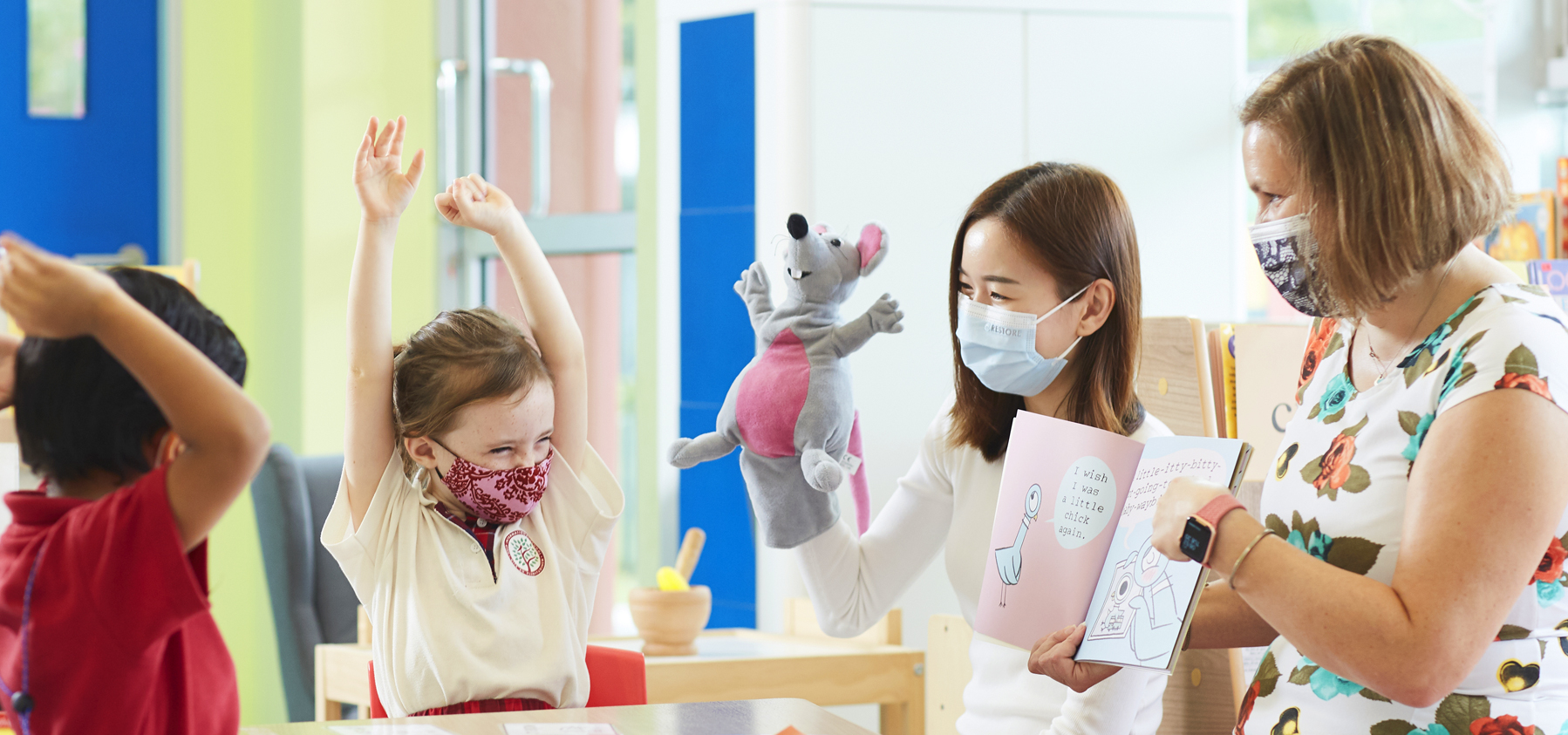
Slide

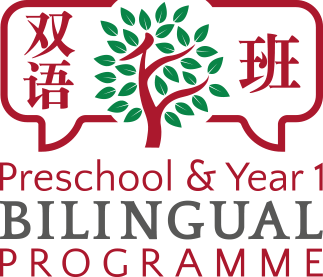



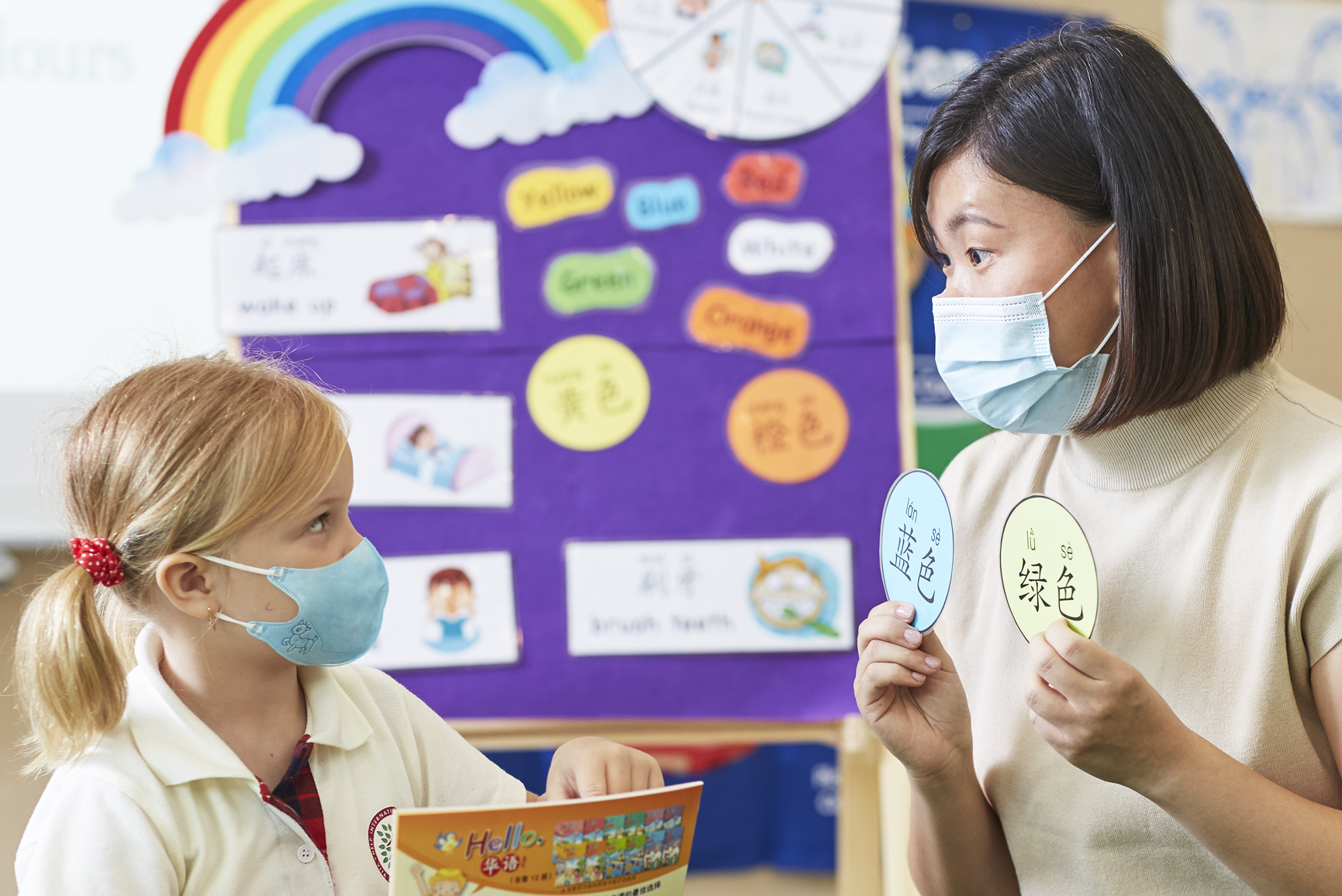
While students can join the HELP International School bilingual programme in Preschool without Chinese foundation skills, the curriculum is described as “rigorous” and they may struggle in class without supplementary Chinese classes. Joining a bilingual programme requires commitment from the child’s family, we expect that students need to “have a strong interest to learn Chinese and a willingness to work hard”.
At the time of application, children will be invited to an interview. The interview process will involve a short assessment task to help determine the child’s level of Chinese skills. The assessment will provide the teachers with valuable information to ensure a successful transition into the bilingual programme.
The key to ensuring your child succeeds is our teachers’ commitment to differentiated learning and teaching approaches in each classroom. Because we use two fully qualified and experienced teachers operating at all times in the classroom, your child will receive a high level of individualised support throughout the day.
Our bilingual learning environment integrates the best of East and West
HELP International School is proud to offer a comprehensive bilingual preschool and primary programme. Our dedicated bilingual programme utilises two qualified teachers per class; one native English speaker and one native Chinese speaker.
We keep our child to teacher ratio very small, our comprehensive integration of both the British National Curriculum and an adapted Singapore syllabus, offers the best international teaching methods that focus on second language acquisition.
We aim to maximise student potential by developing skills for deep learning – critical thinking, creativity, communication, character, citizenship and collaboration. We fully integrate Singapore mathematics into our learning ecosystem and aim to create the best possible bilingual learning environment.
If you are interested in enrolling your children in the best international school, join us now to explore our academic offerings and view the 2025/2026 Academic Calendar.

The curriculum for bilingual immersion classes will be aligned with our HIS Primary Curriculum. Our bilingual immersion model makes sure that students communicate with their teachers in both languages and not just the one they are most comfortable in using.
A typical learning day will have a mixture of both English and Mandarin happening throughout the day:
Students who enrol in the inaugural bilingual programme will continue in the programme as they progress through primary school.
From Preschool to Year 6, the Bilingual Programme will focus on learning to read and write in both English and Mandarin. Some components of Mathematics and IPC (Social Studies, Science, Arts) will be taught in English and Mandarin; while PE and Music will be taught in English. Malaysian students will need to take Bahasa Malaysia lessons as a compulsory component of their studies.
At HIS, for the existing stream where English is the main medium of teaching and learning, Mandarin lessons (three hours a week) will be compulsory until Year 9. The lessons are offered at Basic, Intermediate and Advanced level. Students from the Bilingual Programme in Primary will continue to take Mandarin lessons in Secondary under the existing stream curriculum (three hours a week), likely to be in Intermediate and Advanced level. They will then have the opportunity to take Mandarin as an IGCSE subject in Year 10 and 11, whether as a Foreign Language, a Second Language or a First Language.
Students are assessed using the Youth Chinese Test (YCT), an internationally recognised standardised test of Mandarin proficiency. Targeted at younger foreign students, the test looks specifically at their ability to apply the Chinese language in school and their daily lives.
YCT is divided into writing and speaking tests, which are independent to each other. The writing test consists of four levels, namely, YCT (level I), YCT (level II), YCT (level III), and YCT (level IV). The speaking test consists of two levels, YCT Speaking (Primary Level) and YCT Speaking (Intermediate Level).
The aim of the Bilingual Programme is for our students in this stream to become bilingual, biliterate and bicultural. As such they are fully immersed in the use of both languages in their daily life at school – not just during academic lessons but also during break/lunch times and CCAs. In Preschool, the children will learn to master vocabulary in both languages, and with this strong foundation, they will be fully prepared for the academic content in Year 1. They will learn both Chinese culture through art and music lessons, storytelling and the celebration of festive occasions.
As in any traditional classroom, there are a variety of methods in which a teacher can ensure that students are learning to the best of their ability. After a baseline interview, students will be placed into differentiated groups based on their level of proficiency. Teachers will adopt scaffolding strategies to move students progressively toward a stronger level of proficiency and understanding of the bilingual curriculum.
The curriculum for bilingual immersion classes will be aligned with the International Early Years Curriculum (IEYC) in Preschool, and the International Primary Curriculum (IPC) in Primary. The Mandarin curriculum will be an adapted syllabus from China and Singapore, focusing on second language acquisition. The Bilingual Programme will run alongside the existing English stream which follows the British National Curriculum.
The aim is to teach not just the language, but also the culture through a hands-on and immersive educational programme.
Experts say that learning one language can actually facilitate the acquisition of another language. The skill sets are the same and easily transfer from one language to another.
Research has consistently demonstrated that learning in two languages enhances academic growth and develops the cognitive abilities of students. Immersion students not only become bilingual but also master the subject content of the regular school curriculum that is taught through the second language. In addition, they develop functional proficiency in the immersion language which surpasses that of students in all other forms of foreign language instruction.
Prior exposure to Mandarin is not required at the Preschool level. However, from Primary onwards, a certain level of Mandarin proficiency is necessary. Enrollment is subject to meeting the school’s requirements. Joining the bilingual immersion programme at HELP International School is a significant commitment, and we expect parents to actively support their child’s development in both Mandarin and English at home.
Tell your children what to expect in the Bilingual Programme. Help them to understand that going to school means learning another language along with all the other interesting skills they will gain like reading, writing or mathematics. Assure your children that they will not understand every word their teacher is saying, but that they will always know what the teacher wants them to do. Let them know that over time they will understand and will begin to use the language themselves. Encourage your child by telling them how proud you are that they are learning a second language.
After the first few days, it is important not to expect your child to start speaking the second language, and not to try to force your child to speak. Your child will start to use it when they are ready.
Encourage but do not demand that your child speaks the immersion language at home. Do not ask your child to perform in the second language. Children intuitively understand that language is the means through which they communicate with real people in real-life situations. Immersion students often will not ‘perform’ on cue when asked by parents or family members to ‘say something’ in the second language. Many parents of immersion students are often worried that their children will never use their second language at home or when prompted – only to be amazed later upon hearing their children speak it with a native speaker in the community.
Do not ask your child to translate. This requires high-level skills that are not a part of the programme.
Take advantage of any opportunities to expose your child to language and cultural events in the second language outside of the school setting.
On joining our bilingual programme, contact our admissions team directly.
Check out our latest blog posts they are a great resource packed full of tips and advice.
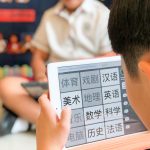
“By teaching students the world’s most spoken language, Mandarin, we are giving our students a competitive edge over their peers. The Programme is aligned with our vision of nurturing future global citizens, and prepares students to handle diversity and broaden their horizons for a ter career.”
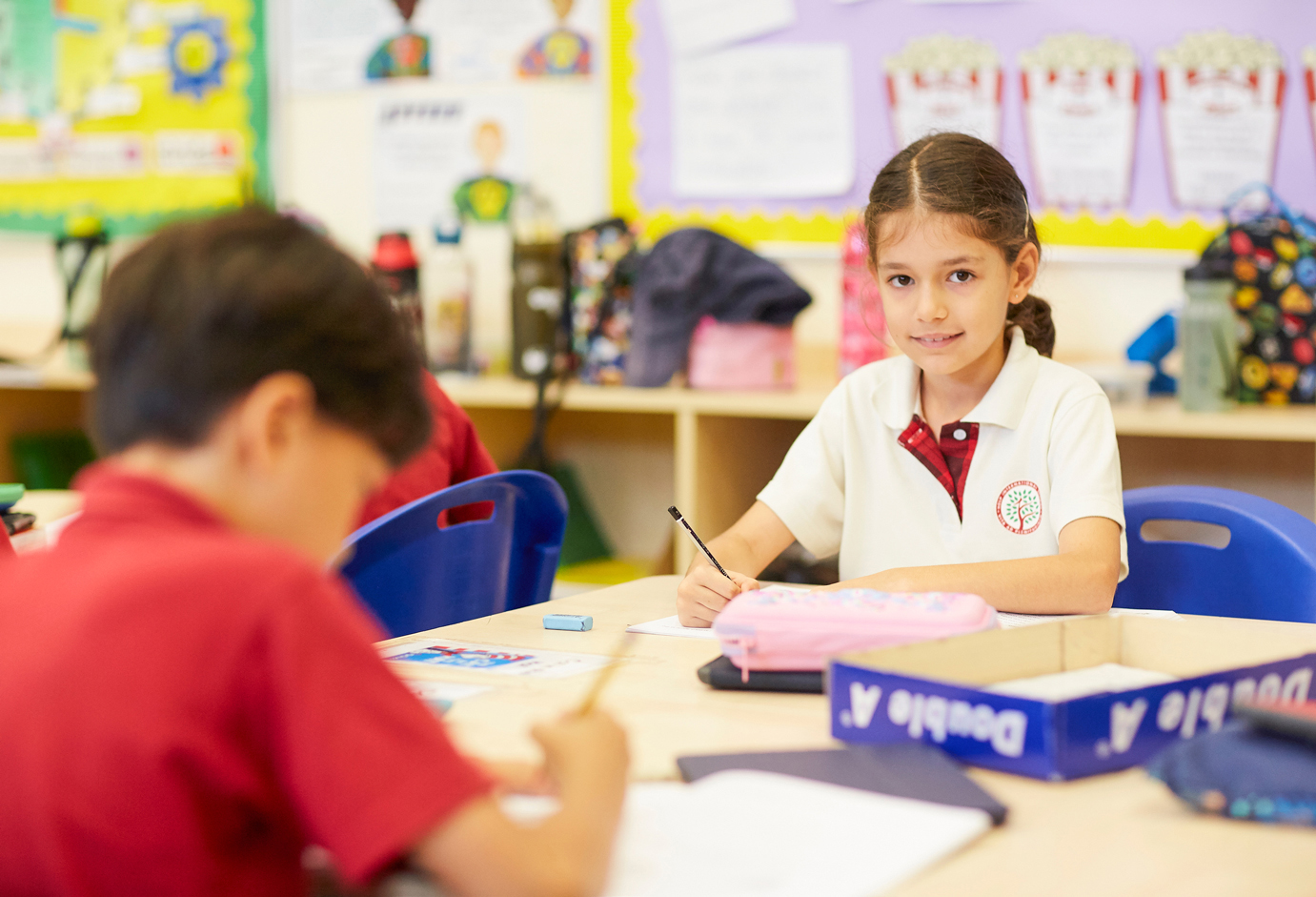
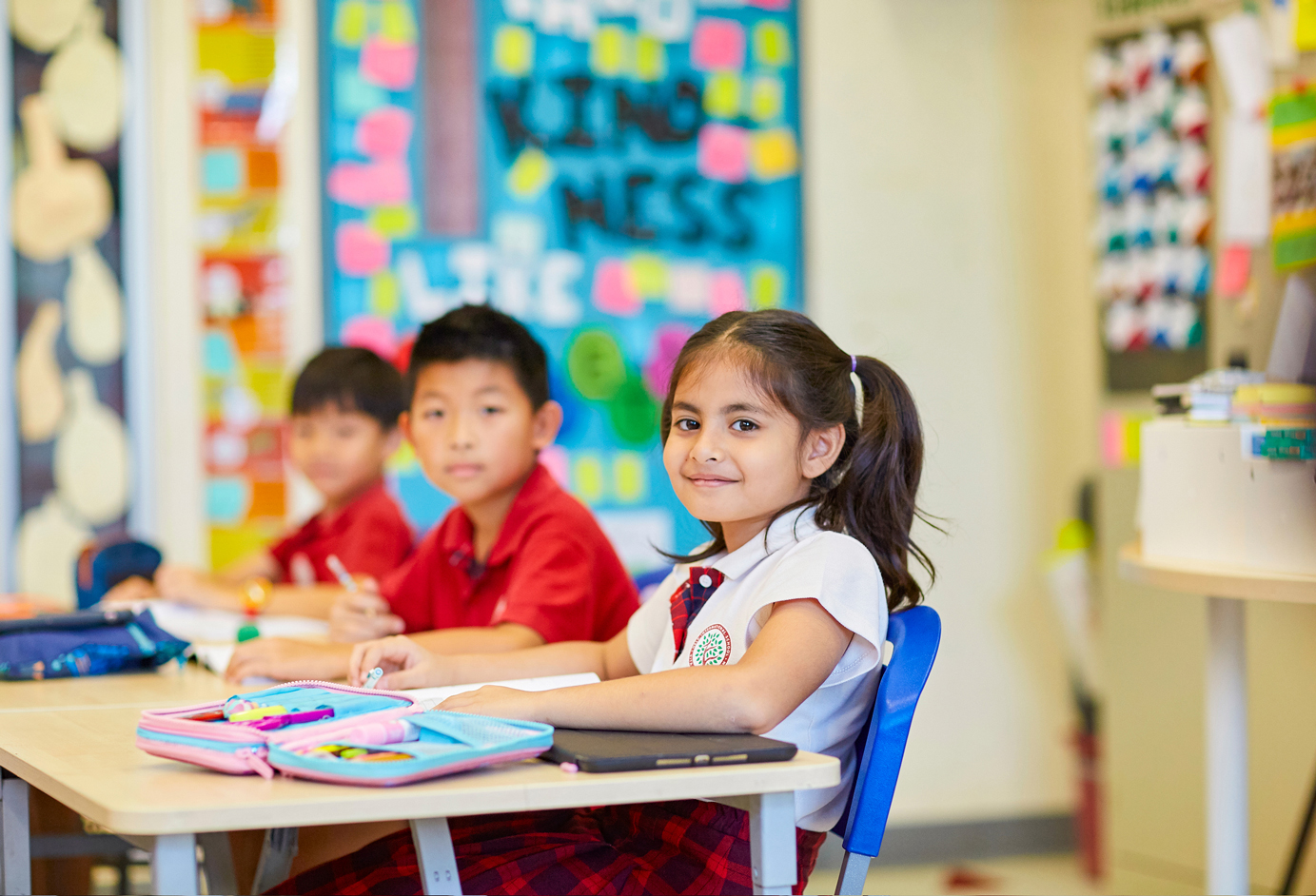
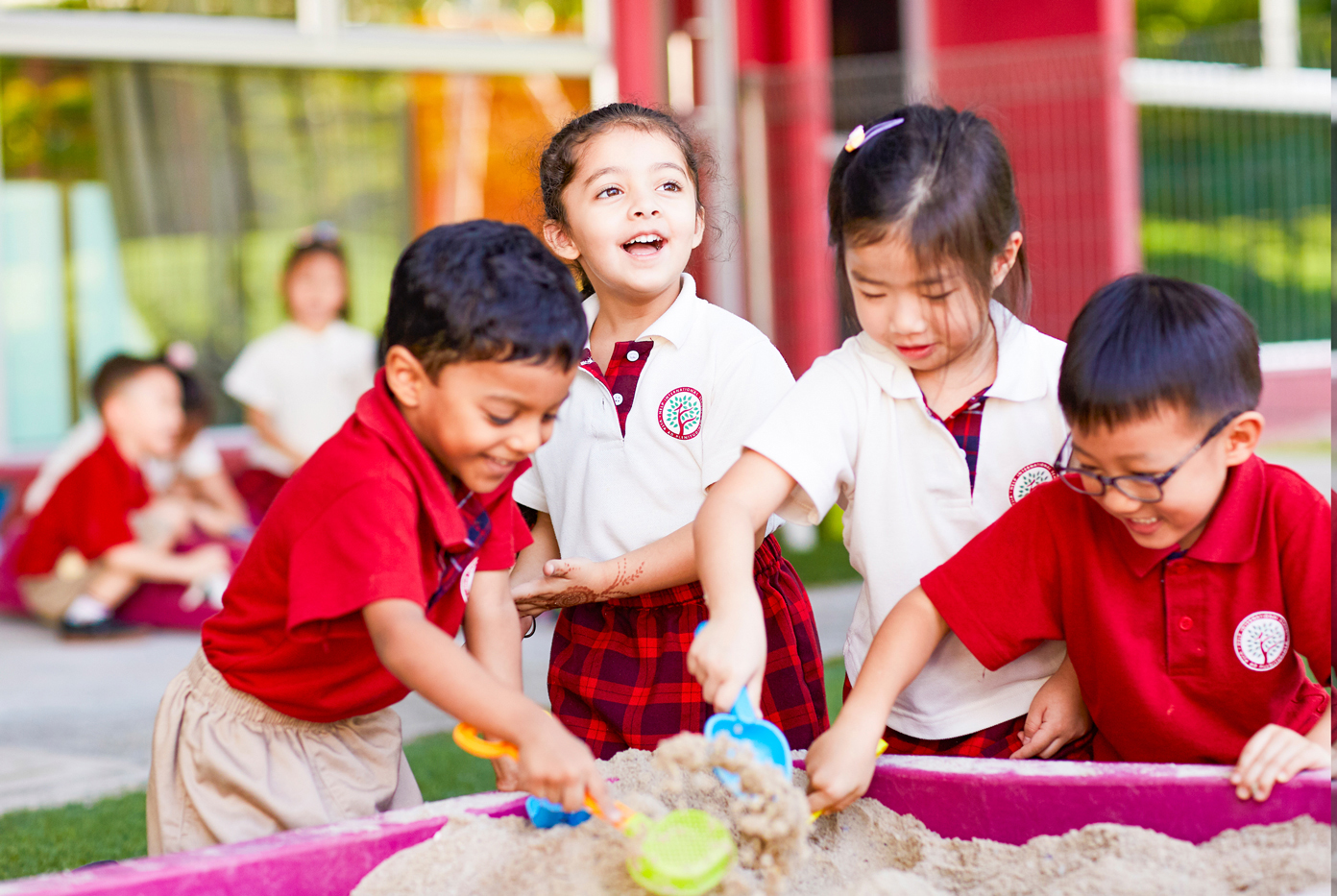
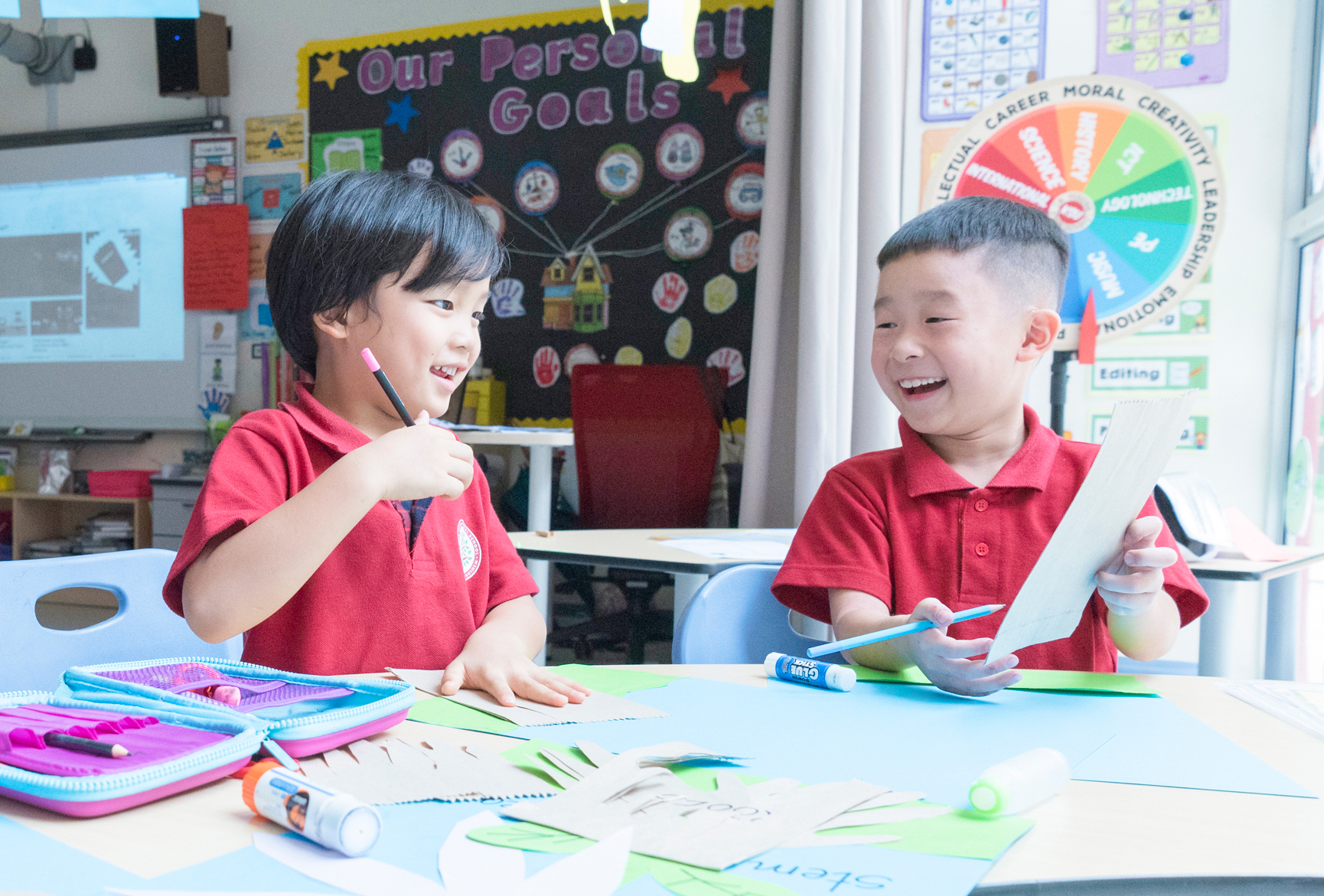
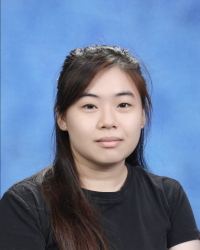
Ms. Farn Ke Wei
Bilingual Class Teacher
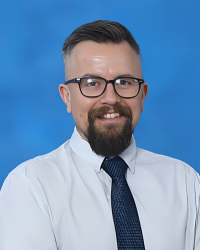
Mr. Ben Smith
Year 1 Bilingual Class Teacher

Ms. Erica Chai
Year 1 Bilingual Class

Ms. Annalize Jooste
Bilingual Class Teacher
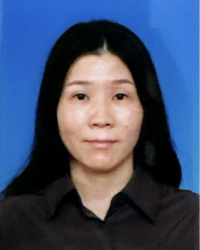
Ms. Tracy Ong
Bilingual Class Teacher
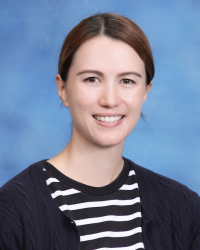
Ms. Laura Munro
Head of Year 2 & Bilingual Class Teacher
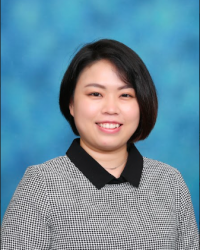
Dr. Lily Wong
Year 2 Bilingual Class Teacher

Ms. Marissa De Greef
Year 2 Bilingual Class Teacher

Ms. Denise Chow Wei Yen
Year 2 Bilingual Class Teacher

Ms. Vannesa Louis
Head of Year 3 & Bilingual Class Teacher

Ms. Yong Jin Voon
Year 3 Bilingual Class Teacher

Ms. Diana Dennis
Head of Year 4 & Bilingual Class Teacher
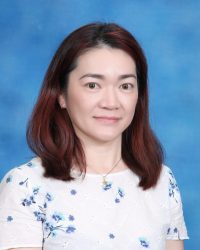
Ms. Wong Yeuan Wei
Bilingual Class Teacher
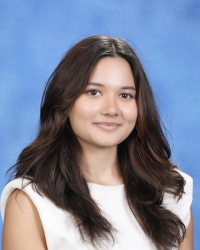
Ms. Santiara Van Rijswijk
Head of Year 5 & Year 5 Bilingual Class Teacher

Ms. Ewayne Loi
Year 5 Bilingual Class Teacher
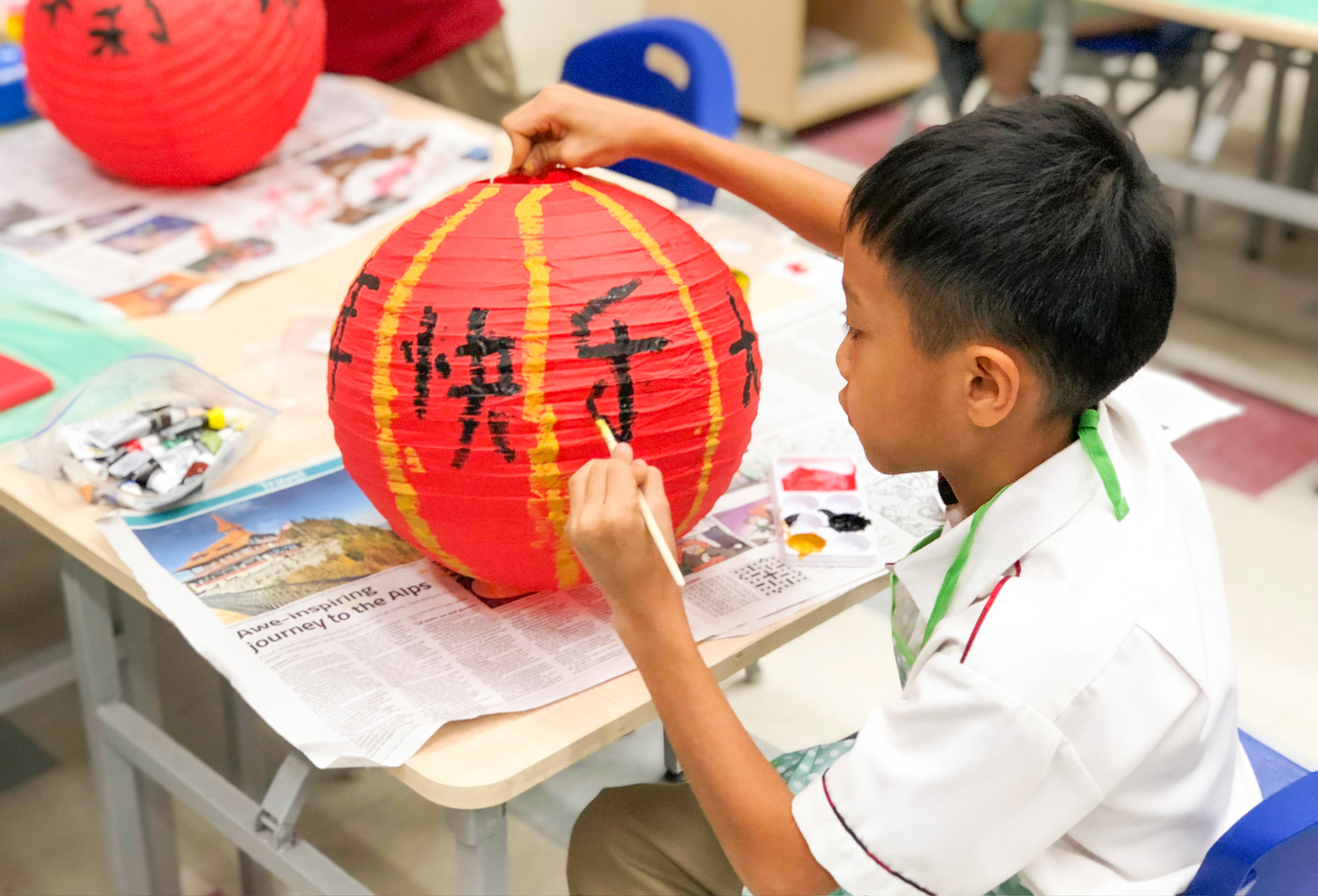
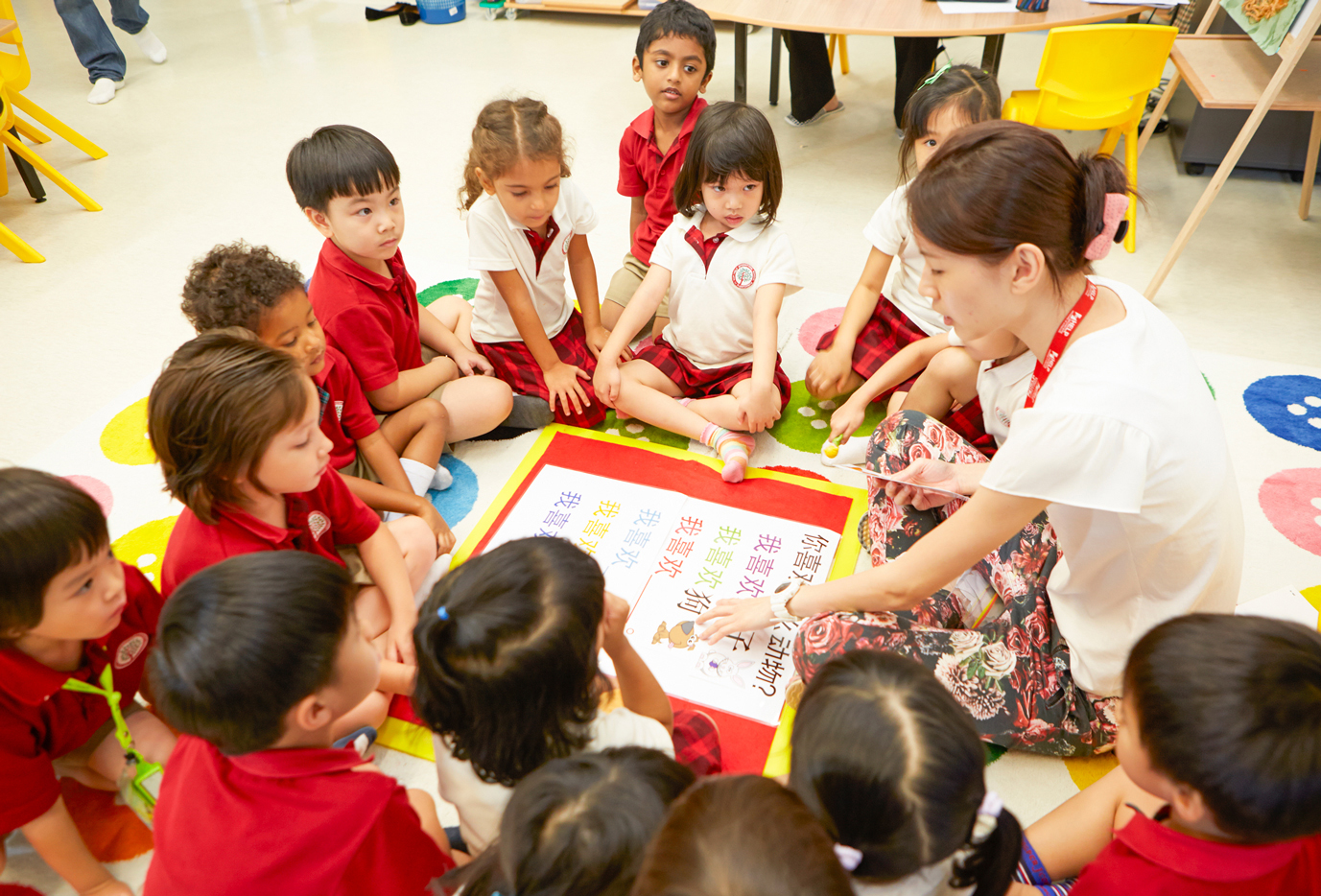
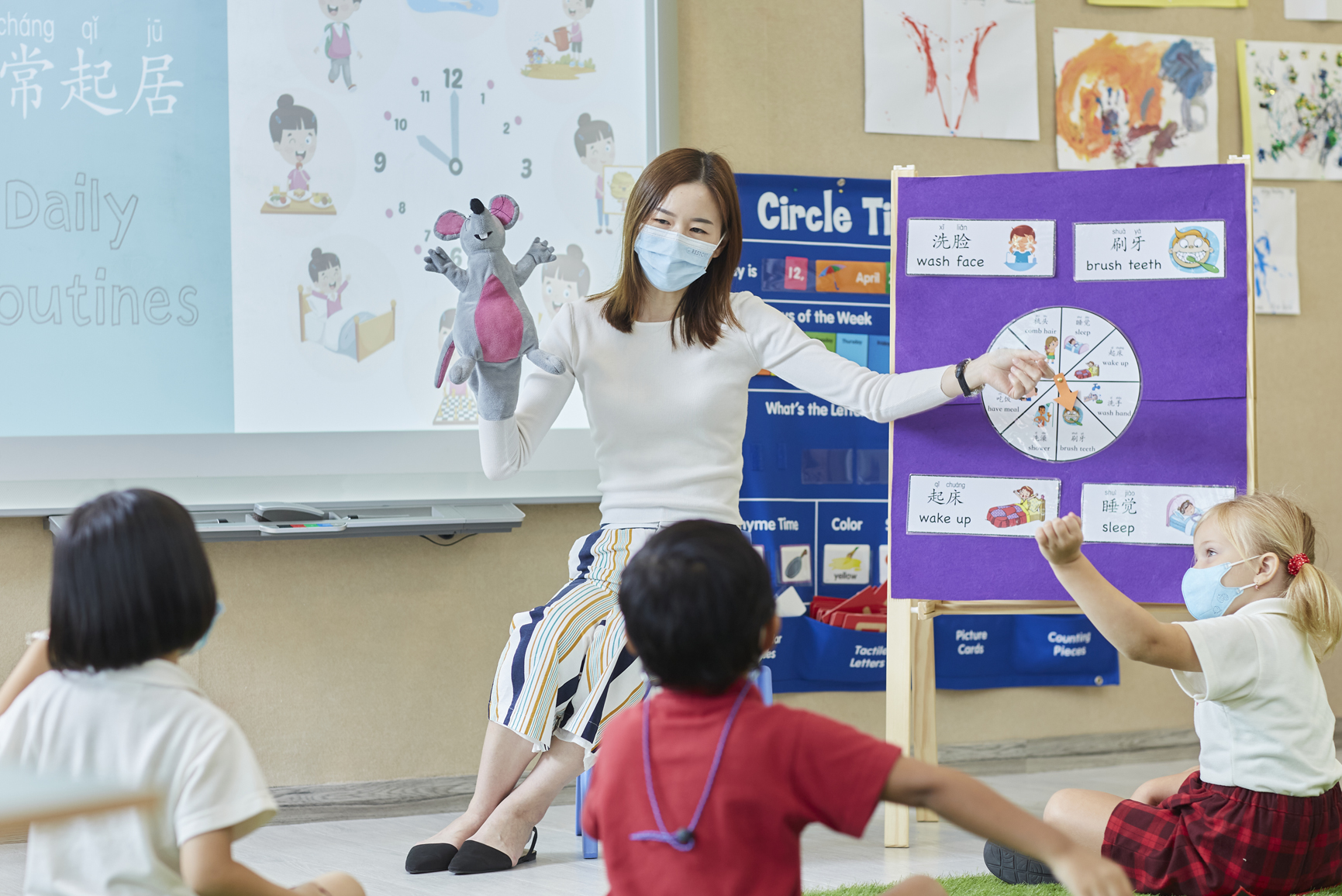
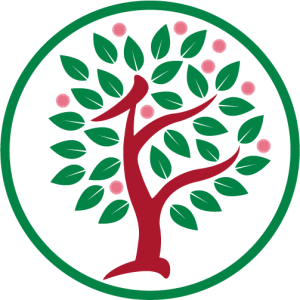
Here at HELP International School, our focus is on developing individualised holistic learning pathways for each and every child. Learning is not a one size fits all experience. Each child brings their own gifts, talents and needs to their learning journey. Our absolute commitment to you and your child is to identify and truly develop these attributes so that they can live life in all its fullness. Many schools claim to develop the whole child – here at HELP, we actually do it!!

Bilingual children score ween 9 and 12 IQ
points higher than monolingual children.
Abstract thinking leads to higher test scores
in math and problem solving.

Learning in a bilingual environment trains the brain and delays the onset of Dementia and Alzheimers by four years.

Bilingual applicants are by 12% more likely to be selected for a management job than monolingual candidates.
For more information about joining our bilingual programme or any further information regarding HELP International School, please contact our admissions team directly by filling in this form.
or you can contact us in any of the following ways: